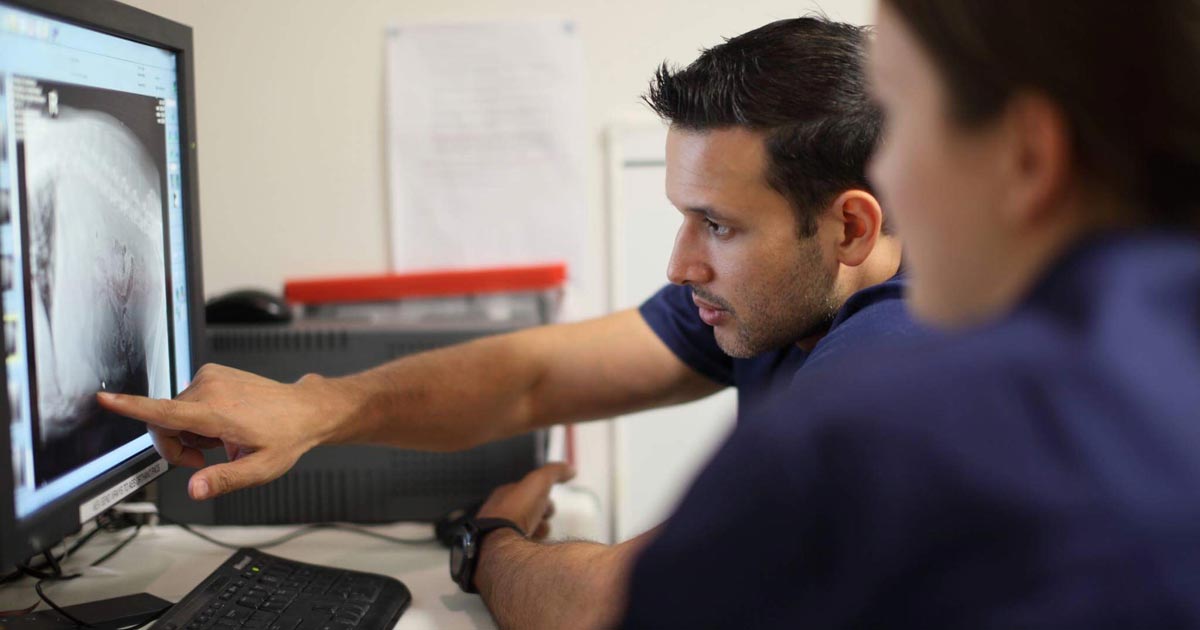Following on from last week’s tips for new graduates, here are my final two tips that resonate the most with me in my practice and as a coach. I hope they help with transitioning into practice.
Systematic approach
In my role as a mentor and coach, one of the most important concepts I instil or emphasise is a systematic approach. Develop a step-by-step process that allows you to look at everything – it’s not only important for finding abnormalities, but it’s the only way you will get used to what looks and feels normal.
This applies to physical examinations, ultrasound, radiograph and laboratory result interpretation, even when developing a diagnostic pathway.
Some may think this is only for new graduates, but it is still crucial for experienced vets who rely on a pattern matching approach, as they can miss diseases by not considering other possibilities.
Be coachable
Some people, once they have graduated, want to prove themselves and demonstrate they know it all, they are not just another grad and have earned their place.
In my experience as a coach and mentor, a humble graduate is more valuable and will learn faster than the ones trying to prove themselves and showing they don’t need support. It is actually concerning for me when new vets don’t ask for help or advice.
Asking for help isn’t a sign of weakness or lack of knowledge; for me it’s a positive sign that someone is open, wants to be at their best and wants to be part of the team. It gives me real satisfaction to see graduates do things they never thought they could do. So, work together with your team of nurses and experienced vets, and never stop learning and asking for advice or guidance.
The veterinary world is a profession I am proud of, and super passionate about – I cannot wait to see the future of this profession, and the impact every new graduate will make.

Leave a Reply